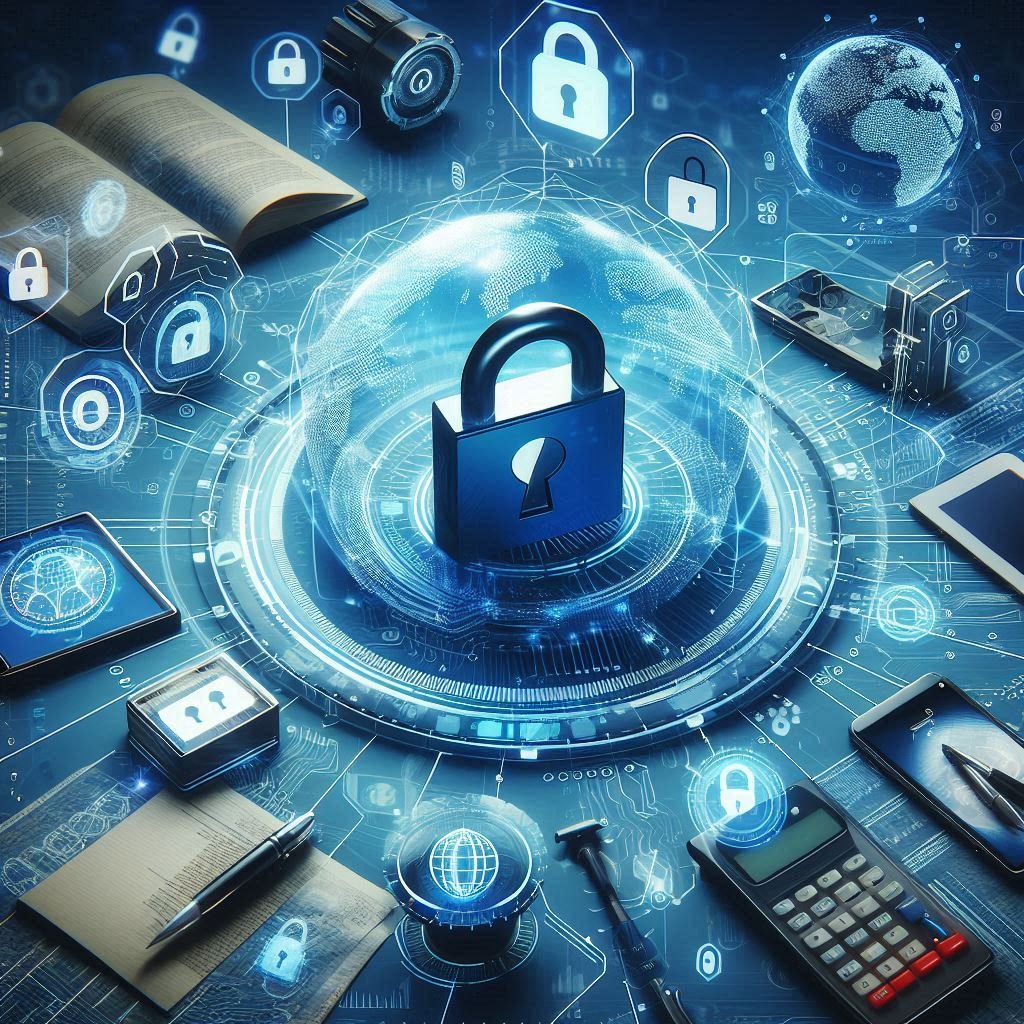In today’s digital era, data privacy and security have become paramount. With the proliferation of online services, social media platforms, and e-commerce, our personal and financial information is more accessible than ever. However, this connectivity also brings risks, making it crucial to understand how to protect your data in a rapidly evolving technological landscape.
The Importance of Data Privacy:
Data privacy refers to the handling and protection of personal information, ensuring that it is only accessed by authorized parties. As individuals increasingly share personal details online, from social media profiles to shopping habits, safeguarding this data is essential to prevent identity theft, financial fraud, and other malicious activities.
Threats to Data Security:
- Cyberattacks: Hackers continuously develop new methods to breach systems and steal sensitive information. Common types of cyberattacks include phishing, ransomware, and malware infections.
- Data Breaches: Even large corporations with robust security measures are not immune to data breaches. These incidents can expose millions of users’ personal data, leading to significant financial and reputational damage.
- Inadequate Security Measures: Many individuals and organizations fail to implement adequate security measures, such as strong passwords, two-factor authentication, and regular software updates, leaving their data vulnerable to unauthorized access.
How to Protect Your Data:
- Use Strong, Unique Passwords: Avoid using the same password for multiple accounts. Opt for complex passwords that include a mix of letters, numbers, and special characters.
- Enable Two-Factor Authentication (2FA): 2FA adds an extra layer of security by requiring a second form of verification, such as a code sent to your mobile device, in addition to your password.
- Keep Software Updated: Regularly update your operating system, antivirus software, and applications to protect against known vulnerabilities.
- Be Cautious with Public Wi-Fi: Public Wi-Fi networks are often unsecured, making it easier for hackers to intercept your data. Use a Virtual Private Network (VPN) to encrypt your internet connection when accessing public networks.
- Monitor Your Accounts: Regularly check your bank statements and online accounts for any suspicious activity. Promptly report any unauthorized transactions or access.
The Role of Governments and Organizations:
Governments worldwide are enacting stricter regulations to protect individuals’ data privacy. Notable examples include the General Data Protection Regulation (GDPR) in the European Union and the California Consumer Privacy Act (CCPA) in the United States. Organizations must comply with these regulations and prioritize data security to build trust with their customers.
Looking Ahead:
As technology continues to advance, so will the challenges associated with data privacy and security. Individuals and organizations must remain vigilant, adopting best practices and staying informed about the latest threats and solutions. In a connected world, protecting personal data is not just a responsibility—it’s a necessity.
Share via:



